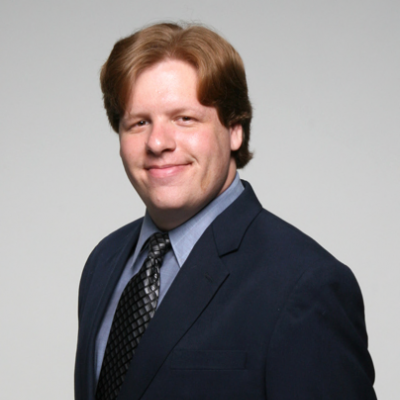Following my time at Duke, I spent three years working as a lab manager/study coordinator at the New York State Psychiatric Institute/Columbia Medical Center where I studied clinical applications of neuromodulation (e.g. transcranial magnetic stimulation, electroconvulsive therapy, transcranial direct current stimulation, etc.). After that experience, I did my graduate training at the University of Texas at Austin, where I received my PhD in Clinical Psychology, followed by an internship and my current postdoc at the Minneapolis VA. My research in Austin and Minneapolis has primarily focused on understanding the biological mechanisms that confer risk for internalizing disorders, with a particular focus on Major Depressive Disorder and Post-Traumatic Stress Disorder. This research broadly revolves around translational neuroscience, which involves using more basic psychological science (e.g. genetics, neuroimaging) to guide the application of clinical interventions (e.g. therapy, medication, neuromodulation). I am currently involved in research on veterans of the conflicts in Iraq and Afghanistan, with a specific focus on identifying genome-wide predictors of PTSD and depression following exposure to combat trauma.
